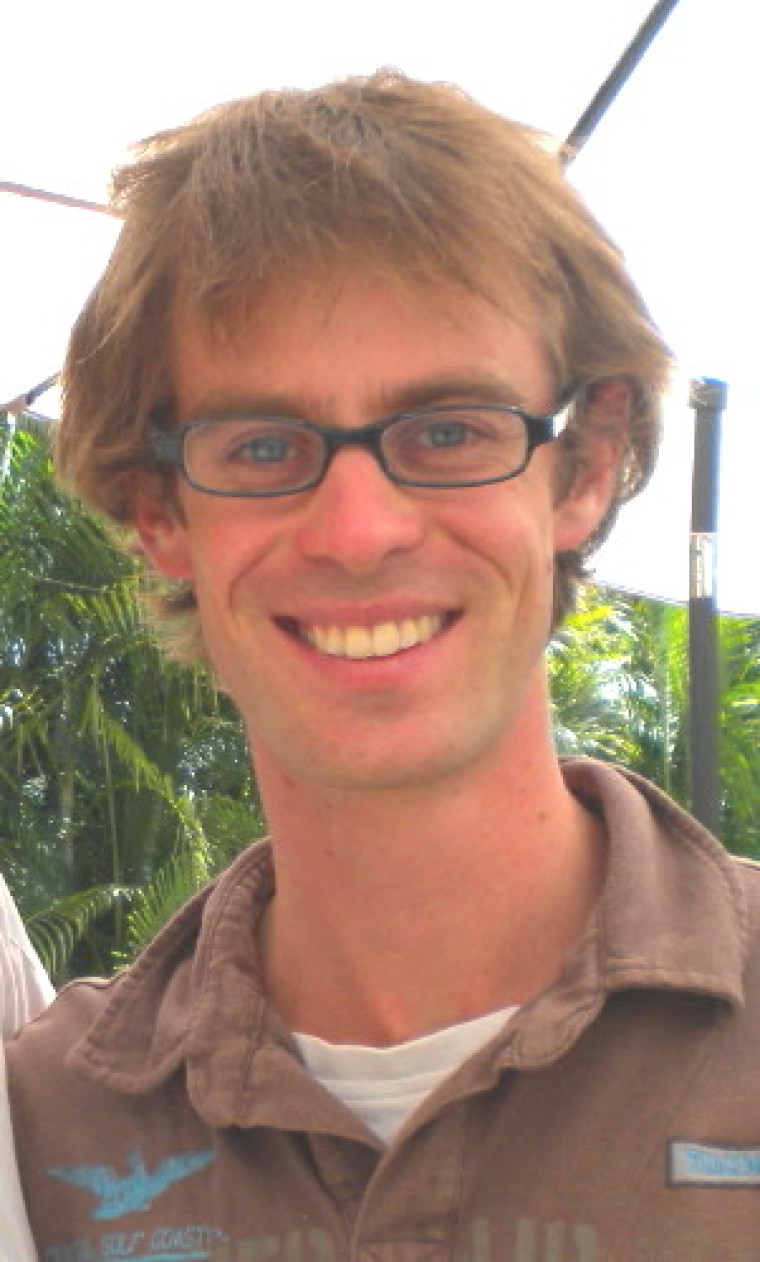
Understanding some basic science has given me great insight into the accuracy of these two statements and prompted me to look inwardly at my own patterns of mind. I believe this scientific understanding followed by deliberate action could be the breakthrough in people's lives to change patterns of fear, frustration, anger, depression and other struggles of the mind and emotions.
It has been shown that our body operates like a line of power poles, shooting electric currents along wires throughout our body in response to information it receives. This line in our brain is called a neural pathway. All the actions we choose to, or habitually, perform are the result of the brain interpreting and sending signals through a pathway.
Each time we respond or practice a particular movement these pathways grow stronger. Some of the simple actions we perform as adults are the result of this pathway being strengthened so regularly we automatically respond in a set way without thinking about it.
For example tying our shoelaces, driving a car, playing an instrument or playing sport can be very challenging and frustrating when we begin learning these skills but the more we practice the easier it becomes, until we can accomplish the task without needing to think about it. This is why we say "practice makes perfect."
When these skills become automated the pathway in our brain becomes like a rut in a dirt track which has been created by vehicles travelling along the same path repeatedly. Once this rut has been established in the ground it is very difficult for a vehicle to get out and make a new path, instead by driving again in these ruts the road continues to get deeper and harder to drive out of in the future. Just as a 'rut' is formed in the road, patterns to perform negative responses can be produced. This means that when we face some situations our neural pathways will automatically direct us to respond in a particular way we may later be disappointed in.
These patterns are generally built during the early stages of our life because we experience many new things during this time. Our responses (words, thoughts and actions) in these first years can dramatically shape how we respond to similar situations in the future and if the pathway is strong enough we are likely to respond without knowing why we act the way we do or say the things we later regret.
Recently, when my pastor spoke on this topic, I began thinking and trying to observe my reactions to situations and realised I have a tendency to get frustrated quickly and often with very little to trigger it.
Having identified this pattern I know I now need to renew my mind by breaking the current stronghold and creating a positive pathway, one that reflects the character of God. While this may sound simple the actual practice of being transformed by the renewal of the mind can be very challenging, depending on the strength of the 'rut' that has been created.
Some key steps in breaking current pathways and creating new one's are:
1. Identify the pattern we want renewed
2. Know what the correct response should be. We should no longer "conform to the pattern of this world" but discover the truth of the bible.
3. We must make a deliberate action plan to combat our current behaviour and implement this as soon as we become aware of the danger signs. E.g. when I notice myself starting to get frustrated I speak to myself or switch my thoughts to be positive of the person or situation
4. Speak out the desired behaviour or response you would like to see
5. Ask someone or a group of people to keep you accountable for the change you want to see.
So whether you are 'an old dog' or just a young person encountering many experiences for the first time the power and strength of neural pathways will have great influence on your life. The good news is that it is possible to 'learn new tricks', although we must break the old habits first, and it's also possible to establish neural pathways that 'do not conform to the pattern of this world' but reflect the truth of God.
Sources used for the research of this article are:
www.creativeresultsmanagement.com;
Tim Wilson is married with two children serving with YWAM in Brisbane.